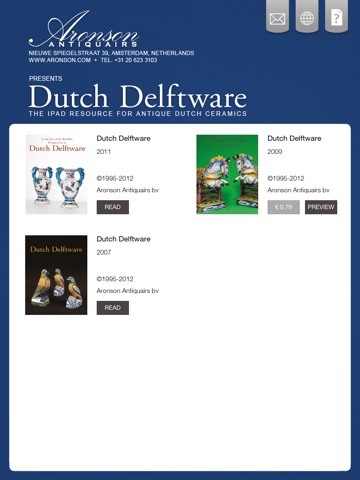
The Dutch were the first from 1602, with the founding of the VOC, the East India Traders, to bring Chinese porcelain to Europe in masses. This was not an easy task, because it took almost a year to sail from the Netherlands to China around the Cape of Good Hope in South Africa. At first porcelain was used to balance the ships carrying tea and spices, but soon after the first introduction, selling Chinese porcelain in Europe became a lucrative business for the Dutch businessmen. It was in the middle of the 17th century when turmoil in China, eventually the end of the Ming dynasty and the beginning of the Qing dynasty, made it impossible for the Dutch traders to purchase from the Chinese. The import of these wares was reduced to a trickle. The shrewd Dutch potters however quickly entered that niche and, although the closely guarded secret of producing porcelain had not yet made it to Europe, started to produce Delffse Porceleyne, or Delft porcelain. Little did they know that their thinly potted earthenware (or faïence) soon became as successful as the Chinese porcelain. Due to circumstances potteries sprouted in the Western Dutch city of Delft and the Delft potters started doing business all over Europe. The largest factories, amongst which The Greek A Factory, had people working for them in France and other places. Royalty from Great Britain, France, Germany, Sweden and many other countries, started to appreciate Dutch Delftware and entire houses were decorated with it.
Nowadays good Dutch Delftware is difficult to find. Dutch antiques dealers Aronson Antiquairs in Amsterdam, founded in 1881, however have transitioned after 1990 from a general antiques dealer to a specialist. Their speciality is not only to find and display the rarest pieces made in the 17th and 18th Delft factories, but also to publish them for future reference.
This app makes publicly available all publications in the Dutch Delftware series. By now these publications combined contain hundreds of rare objects, from early blue and white pieces to 18th century polychrome (multi-colored) animals and figures. Every object fully described, with, where possible, similar examples and notes, describing use or background of the object.

